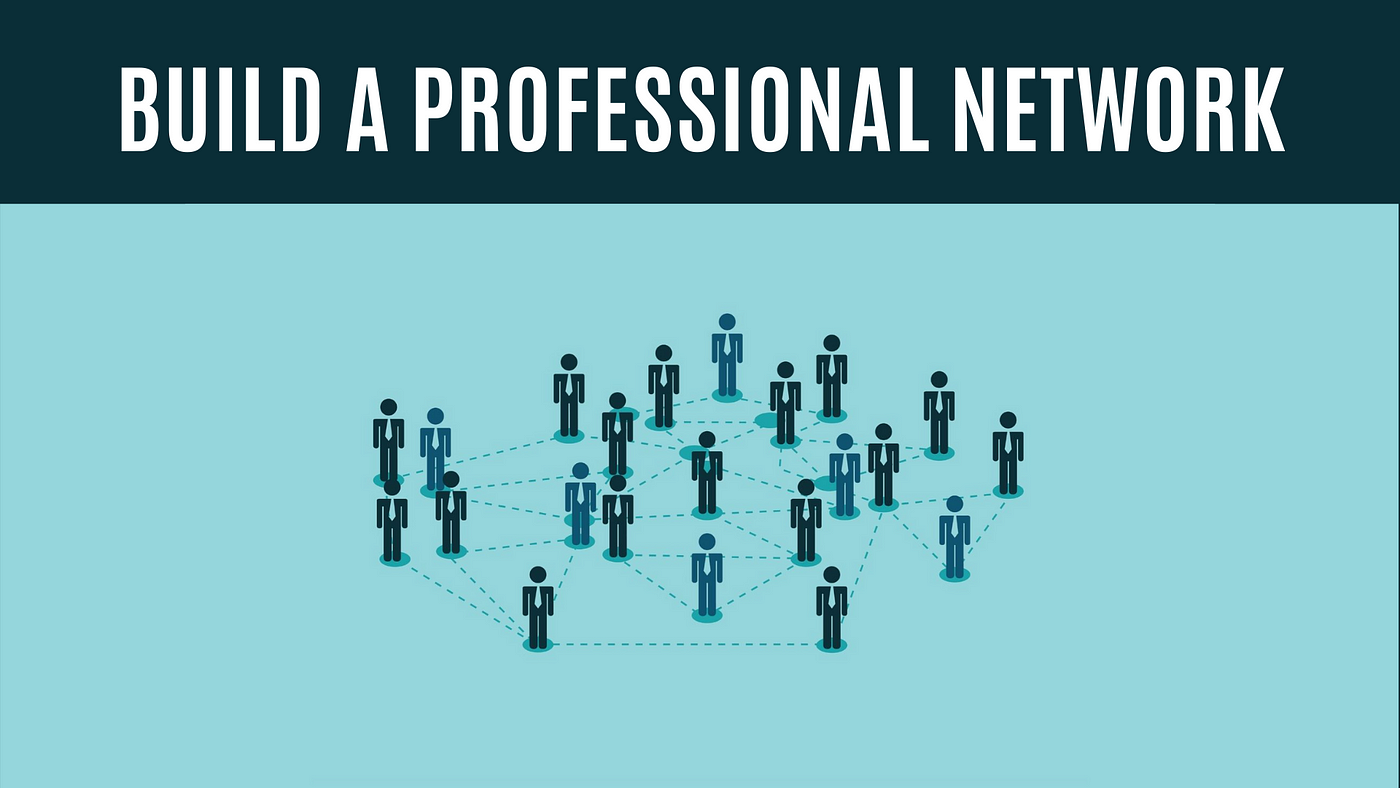Introduction:
As technology continues to drive innovation and transform industries, a career in tech has never been more promising. The rapid evolution of technology means there is a constant demand for skilled professionals who can keep pace with the latest advancements. Whether you’re a recent graduate, a professional looking to switch careers, or someone aiming to upskill, understanding the essential skills and certifications required for a successful tech career is crucial. This guide will delve into the key skills, certifications, and steps you need to take to prepare for a thriving career in the technology sector.
Understanding the Tech Landscape
The technology industry is vast and multifaceted, encompassing various domains such as software development, cybersecurity, data science, cloud computing, networking, and more. Before diving into skill acquisition and certifications, it’s important to understand where your interests lie and which area of technology you want to specialize in.

Key Areas of Technology
- Software Development: Building applications, websites, and software systems.
- Cybersecurity: protecting systems and networks from cyber threats.
- Data Science: Analyzing and interpreting complex data to aid decision-making.
- Cloud computing: managing and deploying applications and services in the cloud.
- Networking: ensuring efficient and secure communication between devices.
Essential Skills for a Tech Career
Regardless of the specific area of tech you choose, there are foundational skills that are beneficial across the board. Here are some of the most important skills to develop:
Technical Skills
Programming Languages
- Python is widely used in web development, data science, and automation.
- JavaScript is essential for front-end and back-end web development.
- Java is commonly used in enterprise environments and Android development.
- C++/C#: Important for systems programming and game development.
- SQL is crucial for database management and manipulation.
Understanding Algorithms and Data Structures
Grasping basic algorithms and data structures is vital for efficient problem-solving and coding.
Version Control/Git
Proficiency in using Git and GitHub for version control is essential for collaboration and managing codebases.
Web Development
Familiarity with HTML, CSS, and JavaScript frameworks (e.g., React, Angular, and Vue.js) is crucial for web development roles.
Soft Skills
Problem-Solving
The ability to analyze problems, think critically, and develop efficient solutions is highly valued in technology.
Communication
Clear and effective communication is important for teamwork, especially when explaining complex technical concepts to non-technical stakeholders.
Gaining practical experience
Here are some ways to gain hands-on experience:
Personal Projects
Building your own projects is a great way to apply what you have learned and showcase your skills to potential employers. Create a portfolio of projects on platforms like GitHub.
Internships
Internships provide real-world experience and exposure to industry practices. They are an excellent way to learn and network with professionals in the field.
Open Source Contributions
Contributing to open-source projects can help you gain practical experience and demonstrate your skills to the tech community.
Hackathons
Participating in hackathons allows you to collaborate with others, develop innovative solutions, and learn about new technologies in a competitive yet supportive environment.
Essential Certifications
Here are some essential certifications for various tech domains:
Software Development
- Certified Software Development Professional (CSDP): Offered by IEEE, this certification covers software requirements, design, construction, testing, and maintenance.
- Microsoft Certified: Azure Developer Associate: Focuses on developing applications for Microsoft Azure.
Cybersecurity
- Certified Information Systems Security Professional (CISSP): covers a broad range of cybersecurity topics and is highly respected in the industry.
- Certified Ethical Hacker (CEH): Focuses on penetration testing and ethical hacking techniques.
Data Science
- Certified Analytics Professional (CAP): Validates your expertise in the analytics process, from data to insights.
- Google Data Analytics Professional Certificate: Provides a comprehensive introduction to data analytics using Google tools.
Cloud Computing
- Amazon Web Services (AWS) Certified Solutions Architect: Demonstrates your ability to design and deploy scalable systems on AWS.
- Microsoft Certified: Azure Fundamentals: An entry-level certification that covers the basics of Microsoft Azure.
Networking
- Cisco Certified Network Associate (CCNA): Covers fundamental networking concepts and Cisco products.
- CompTIA Network+ validates your knowledge of networking concepts, installation, and troubleshooting.
Building a professional network
Networking is a key component of career growth in tech. Here are some ways to build and leverage your professional network:

Attend industry conferences and meetups.
Events like tech conferences, seminars, and local meetups provide opportunities to learn from industry experts and connect with peers.
Join online communities.
Participate in online forums, LinkedIn groups, and social media communities related to your field of interest. Engaging in discussions can help you stay updated and build relationships.
Crafting a Strong Resume and Online Presence
Your resume and online presence are often the first impressions you make on potential employers. Here are some tips to ensure they stand out:
Resume Tips
- Highlight Relevant Skills: Tailor your resume to highlight skills and experiences relevant to the job you are applying for.
- Quantify Achievements: Use numbers to demonstrate the impact of your work (e.g., “Improved application performance by 30%”).
- Keep It Concise: Limit your resume to one or two pages, focusing on the most important information.
Online Presence
- LinkedIn Profile: Keep your LinkedIn profile updated with your latest experiences, skills, and projects. Engage with posts and participate in discussions to increase your visibility.
- Portfolio Website: Create a personal website to showcase your projects, resume, and any other relevant information. This can serve as an online portfolio for potential employers to review.
Preparing for job interviews
Job interviews in the tech industry often include technical assessments and behavioral questions. Here are some tips to prepare:
Technical Interviews
- Practice Coding Problems: Use platforms like LeetCode, HackerRank, and CodeSignal to practice coding challenges and algorithms.
- Understand System Design: For senior roles, be prepared to discuss system architecture and design principles.
- Mock Interviews: Participate in mock interviews with peers or use platforms like Pramp to simulate real interview scenarios.
Behavioral Interviews
- Prepare Stories: Use the STAR (Situation, Task, Action, Result) method to prepare stories that demonstrate your skills and experiences.
- Research the company: Understand the company’s products, culture, and recent news to show your interest and alignment with their values.
Conclusion
Preparing for a career in tech requires a combination of technical skills, practical experience, certifications, and professional networking. By focusing on these key areas, you can build a strong foundation and increase your chances of success in the dynamic and rewarding tech industry. Remember, continuous learning and adaptability are your best allies as you navigate the ever-evolving landscape of technology. With the right skills and certifications, you’ll be well-equipped to embark on a successful and fulfilling career in tech.

